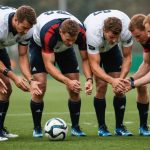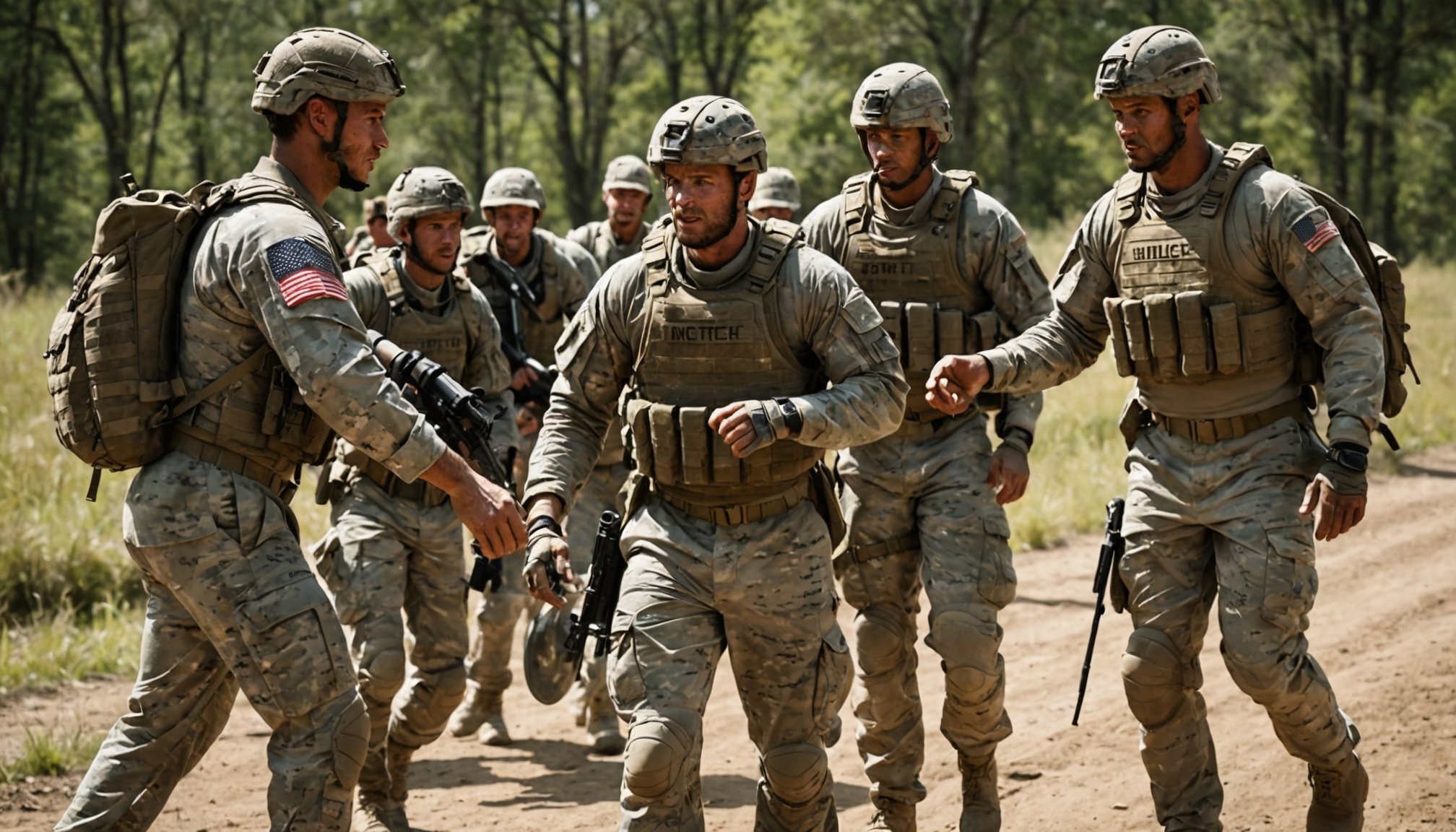The journey of a combat athlete is not a solitary one. From the moment they step into the training facility to the time they enter the ring or the cage, these athletes rely heavily on the support of their community. This support can come from various sources, including family, friends, fellow athletes, coaches, and even local businesses. Understanding how community dynamics influence the physical and mental aspects of a combat athlete’s life can illuminate the path to success in sports. This article explores the multifaceted role community support plays in the lives of combat athletes, emphasizing its impact on health, training, performance, and overall well-being.
The Importance of Community in Athletic Training
Training is a cornerstone of any athlete’s journey, especially for those in combat sports like boxing and mixed martial arts. The training environment is often enhanced by the presence of a supportive community. Athletes thrive when they have access to a network that not only encourages them but also challenges them to push their limits.
In the same genre : How can participating in martial arts seminars benefit a fighter’s skill set?
In the world of combat sports, training often involves rigorous daily routines that test both mental and physical capabilities. This is where community support shines. When combat athletes have access to teammates who share the same goals, the sense of camaraderie can significantly boost motivation. Training together can lead to shared techniques, tips, and even moral support during tough days. It fosters a sense of belonging, which is crucial for maintaining fitness and mental resilience.
Moreover, community involvement can extend beyond the training hall. Local organizations and clubs often host events that promote combat sports and provide opportunities for athletes to showcase their skills. These events can be critical for career development, allowing athletes to gain exposure and connect with potential sponsors or mentors.
Also read : Exploring Post-Career Journeys: Popular Career Options for Retired Combat Sports Athletes in the UK
In addition, the bond that develops among community members can lead to lifelong friendships. These relationships can provide emotional support during the highs and lows of an athlete’s career. For combat athletes, where mental toughness is just as critical as physical ability, this emotional safety net can make a significant difference in performance and overall satisfaction.
Mental Health and Community Support
Mental health is an integral component of an athlete’s overall well-being, yet it is often overlooked in high-pressure sports environments. Combat athletes face unique mental challenges, including anxiety before fights and the pressure to perform at peak levels. Here, community support can play a transformative role.
A supportive community can help combat athletes navigate the intense emotional landscape of their sport. Open discussions about mental health within the community can destigmatize feelings of anxiety and stress. When athletes know they can reach out to peers who understand their challenges, it fosters an environment of openness and vulnerability.
Group training sessions or team-building activities can serve as excellent outlets for discussing mental health. These gatherings allow athletes to share experiences, coping strategies, and mental training techniques. Such dialogues can reinforce the notion that they are not alone in their struggles, which is incredibly empowering.
Furthermore, communities can provide access to mental health professionals who specialize in working with athletes. Many combat sports organizations are increasingly recognizing the importance of mental health and integrating mental training into their programs. Access to sports psychologists or counselors can be a game-changer for athletes dealing with performance anxiety or post-fight depression.
Ultimately, community support can help combat athletes build resilience. By fostering open communication, providing resources, and creating a supportive environment, communities can impact the mental health of these athletes, promoting a healthier, more balanced approach to their sport.
Physical Health: The Backbone of Athletic Performance
A combat athlete’s physical health is paramount to their success in the ring or the octagon. Rigorous training, coupled with proper nutrition and recovery, forms the foundation of their performance. Community support plays a crucial role in ensuring that athletes maintain their fitness levels and recover effectively.
Nutrition is a critical aspect of athletic performance, and community can provide essential resources for healthy eating. Local businesses often support athletes by offering sponsorships or discounts on health-focused products. This support enables athletes to access quality nutrition that fuels their training regimens and recovery processes.
Moreover, community fitness programs can offer additional training opportunities. Group classes, workshops, and seminars hosted by local gyms or sport clubs can introduce athletes to new training methodologies and recovery techniques. These programs not only enhance physical conditioning but also promote a culture of health and wellness within the community.
In addition to nutrition and fitness classes, community organizations can facilitate access to medical professionals who understand the demands of combat sports. Regular check-ups and injury management are essential for any athlete trying to maintain peak performance. Communities that prioritize athlete welfare by providing access to physiotherapists, chiropractors, and other specialists can drastically reduce downtime caused by injuries.
Ultimately, the community’s role in supporting the physical health of combat athletes cannot be overstated. By fostering an environment that values health and wellness, communities can help athletes achieve their performance goals while minimizing the risk of injury.
Building a Team and Social Connections
At its core, combat sports are often seen as individual pursuits; however, the essence of teamwork is essential for success. Athletes may compete alone in the ring, but they are supported by a vast network of trainers, coaches, and teammates. This network forms a vital part of their community, providing not just athletic support but also social connections that enhance their overall experience in the sport.
The relationships formed within a team can foster a sense of shared purpose. Combat athletes often practice drills and spar together, which builds trust and camaraderie. This social aspect is crucial, as it can diminish the feelings of isolation that sometimes accompany intense training schedules. Knowing that others are going through similar experiences can be comforting.
Moreover, team dynamics can enhance performance. A supportive team can help push athletes to achieve more than they might on their own. Constructive feedback and encouragement from teammates can boost confidence, ultimately leading to improved performance in competitions.
Community events such as team outings, charity functions, or local competitions can further strengthen these bonds. These activities create shared memories and experiences that transcend the training environment. When athletes feel connected to their team on a personal level, they are likely to perform better and remain committed to their training.
Additionally, the social connections developed through sports can lead to opportunities beyond the athletic realm. Many combat athletes find mentors or friends within their community who can offer guidance in their careers or personal lives. This network can be invaluable, especially for veterans transitioning into civilian life after military service, where the camaraderie of team sports can replicate the bonds formed during military training.
In conclusion, the role of community support in the journey of a combat athlete is multifaceted and essential. From enhancing training experiences to providing mental health resources, physical health support, and fostering team dynamics, the community plays a vital role in shaping the athlete’s journey. Combat sports, while often perceived as individual pursuits, thrive in environments where athletes feel supported by their peers, coaches, and local organizations. By nurturing these relationships, combat athletes can improve their performance, maintain their health, and enjoy a more fulfilling athletic experience. Ultimately, the strength of a combat athlete lies not just in their individual skills but also in the community that stands behind them.











